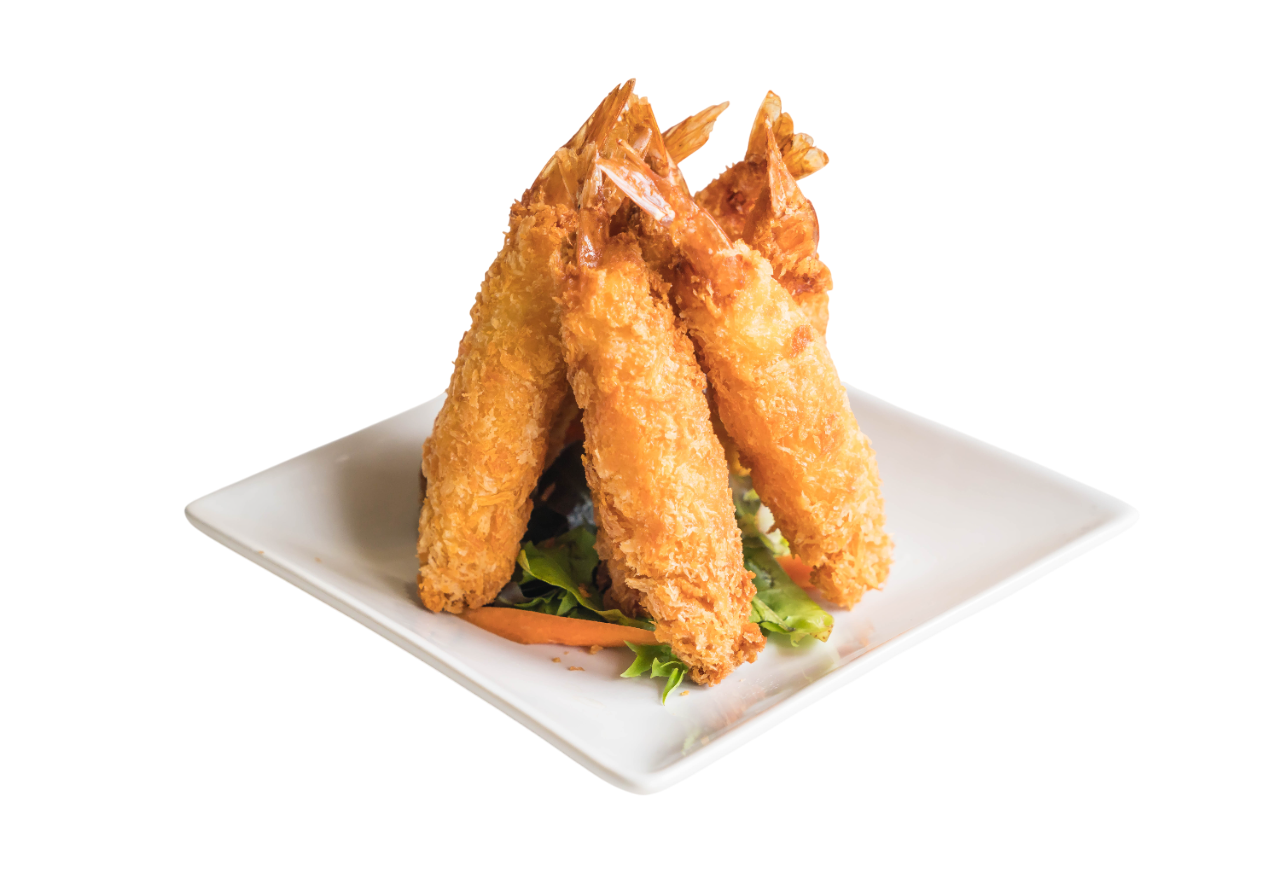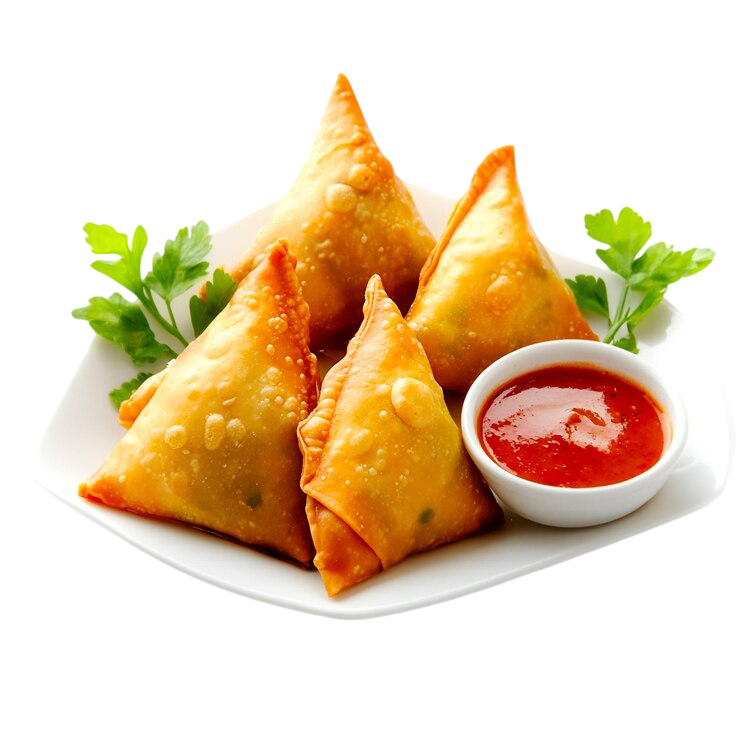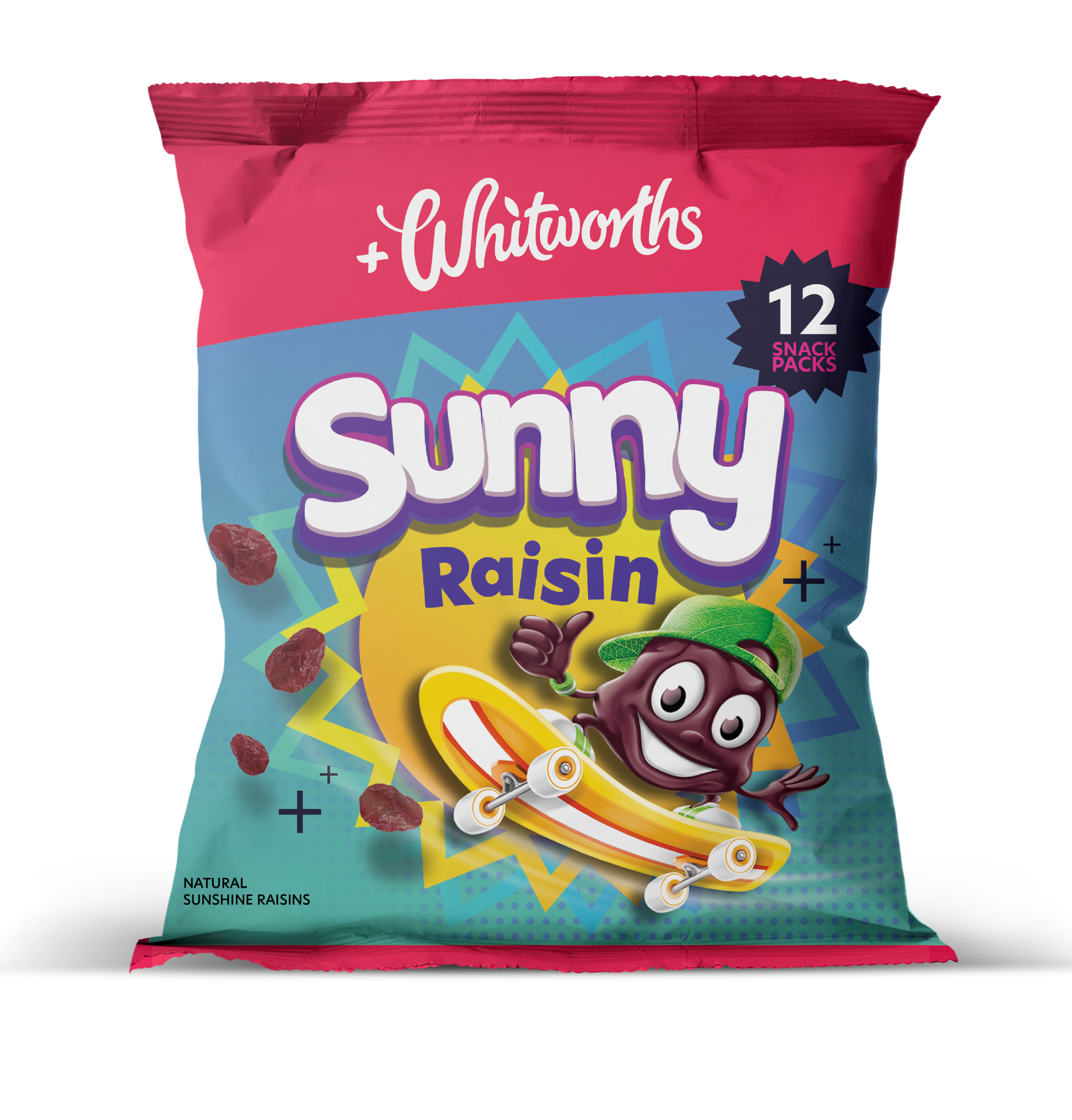Trans Fat (Trans-Fatty Acids)
What is Trans Fat?
Trans fats are unsaturated fats from industrial or natural sources such as margarine, ghee, fried foods and biscuits. This type of fat can increase the levels of bad (HDL) cholesterol in the body. If fat in the diet is a concern, it’s more important to decrease levels of saturated fats as these are consumed more on average. It is recommended that adults should aim to eat less than ~5g of trans fat per day.

What is the role of Trans Fat?
Similar to saturated fats, trans fats can increase levels of bad (LDL) cholesterol in the blood and have a negative affect on health. High bad cholesterol alongside low levels of good (HDL) cholesterol can cause a build up of cholesterol in the arteries and impact heart health.
What foods contain Trans Fat?
Small amounts of trans fat are present in some foods like meat and dairy. Trans fats are also present in foods such as margarine, ghee, fried foods and biscuits. Trans fats are also in hydrogenated vegetable oil; if this is present in food it must be stated in the ingredients on the label.

Further Resources:
References:
World Health Organisation (2024). Trans fat. Available at: https://www.who.int/news-room/fact-sheets/detail/trans-fat#:~:text=Trans%20fat%2C%20or%20trans%2Dfatty,of%20heart%20attacks%20and%20deaths.
[Accessed 30 Aug 2024].
National Health Service (2023). Fat: the facts. Available at: https://www.nhs.uk/live-well/eat-well/food-types/different-fats-nutrition/ [Accessed 30 Aug 2024].
Written By:
Lucy Clarkson, SENR Nutritionist and Database Support, myfood24.







 Back to knowledge library
Back to knowledge library